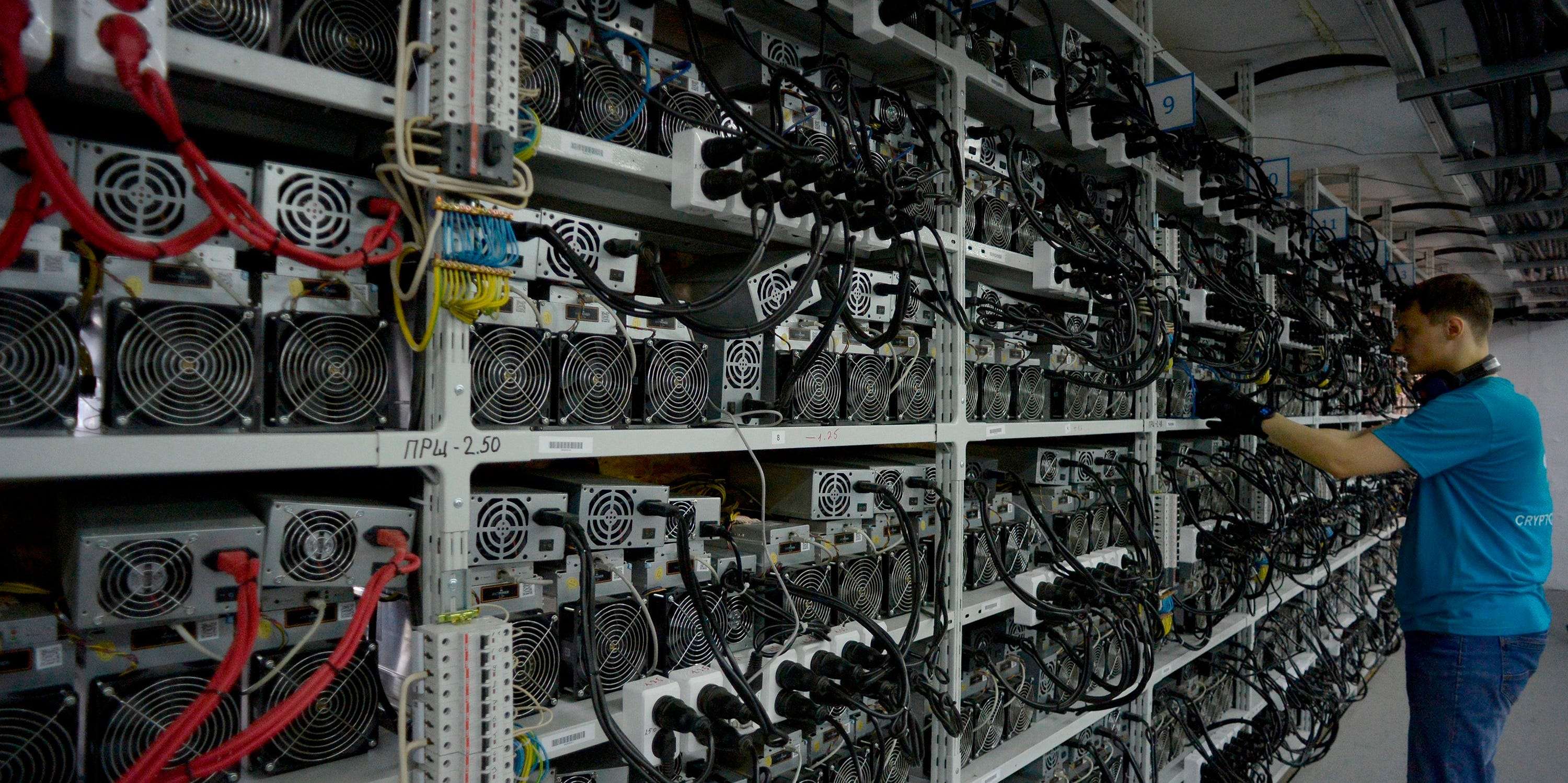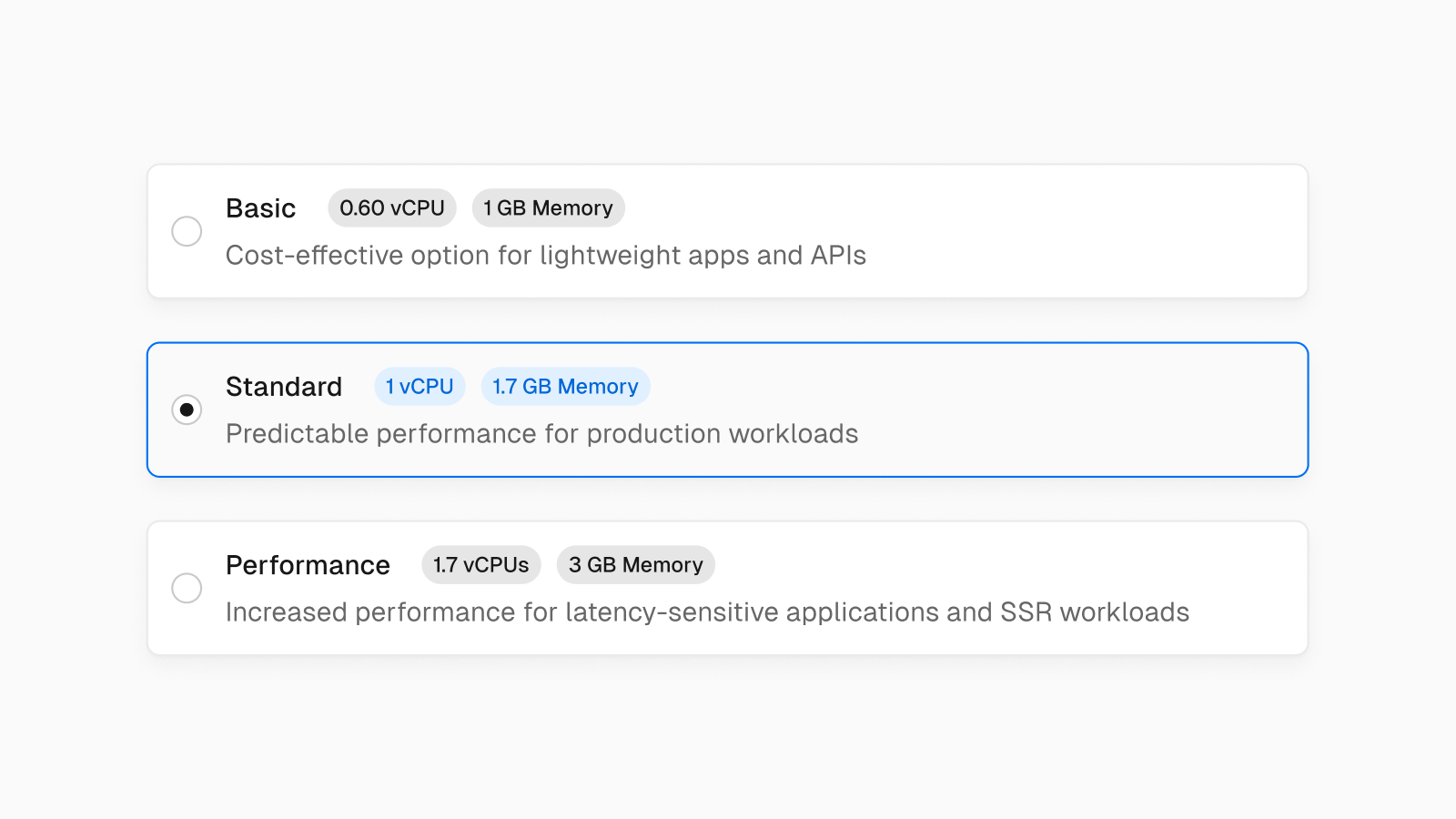
The Last Word on Bitcoin’s Energy Consumption
CoinDesk columnist Nic Carter is partner at Castle Island Ventures, a public blockchain-focused venture fund based in Cambridge, Mass. He is also the cofounder of Coin Metrics, a blockchain analytics startup.
Much ink has been spilled on the question of Bitcoin’s energy footprint. But amid the clarifying details and the energy mix calculations we have lost sight of the most important questions. Anyone who wades into this muddy debate must consider the fundamentals before making a final assessment.
Let’s start with the basics. Many people, when decrying Bitcoin’s energy footprint, point out its energy consumption and presume that someone, somewhere is being deprived of electricity because of this rapacious asset. Not only is this not the case, but Bitcoin’s presence in many jurisdictions doesn’t affect the price of energy at all because the energy there isn’t actually being used. How could this be?
The first thing to understand is that energy is not globally fungible. Electricity decays as it leaves its point of origin; it’s expensive to transport. Globally, about 8 percent of electricity is lost in transit. Even high-voltage transmission lines suffer “line losses,” making it impractical to transport electricity over very long distances. This is why we talk about an energy grid — you have to produce it virtually everywhere, especially near to population centers.



















/cdn.vox-cdn.com/uploads/chorus_asset/file/25419483/247092_Student_activist_doxxing_AKrales_1438.jpg)







